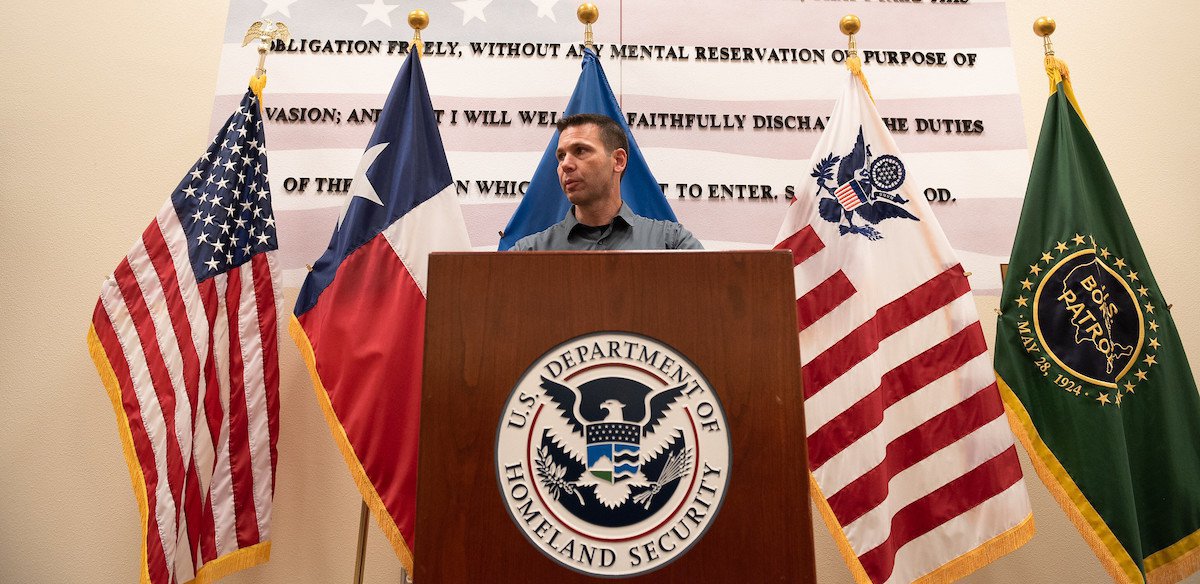Read a great FOIA-based news story we should highlight? Let us know and maybe we can include it in our next round-up! Send it over via email, on Twitter, or on Facebook.
California DMV generating $50,000,000 per year selling information given to them by drivers
A public records request obtained by VICE Motherboard reporter Joseph Cox shows that the California Department of Motor Vehicles generates tens of millions of dollars in revenue by selling information provided to them by drivers.
The document obtained by Motherboard shows that this money also grew substantially over the past 7 years; the DMV is generating more than $10 million dollars more revenue now compared to FY13.
According to Cox, DMVs across the country also engage in this practice, often selling information like names, addresses, and car registration that are needed to obtain a license. Depending on the state, that information may also include someone’s zip code, date of birth, or email address.
The document provided by the California DMV did not name the companies receiving the data, but companies like LexisNexis and credit reporting agency Experian have frequently bought information from other DMVs.
Other DMVs also sold this information to private investigators, “including those who are hired to find out if a spouse is cheating.” It is unclear if the California DMV is also doing this.
Repeated incidents of information from DMVs facilitating threats and murders led Congress to pass the Driver’s Privacy Protection Act in 1994 to limit how much information DMVs could provide to private citizens. Notably, the law carves out exceptions for private investigators, as well as private companies to “verify the accuracy of personal information” provided by individuals in the course of other business, like looking for employment.
Read more at VICE Motherboard.
DHS portal appears to be losing requests
A report from the Citizens for Responsibility and Ethics in Washington claims their FOIA request filed in September with Immigration and Customs Enforcement cannot be viewed on its online portal.
CREW filed a FOIA request on September 11 with ICE regarding the component’s contracts with private prison company LaSalle Corrections. It received an acknowledgement about a month later requesting a 10-day extension.
CREW had still not heard about the status of its request in November when it attempted to check its status online. But the Department of Homeland Security’s portal claimed there was no request for the tracking number they provided; a notice at the top of the website claimed that more recent FOIA requests were experiencing issues and “may not appear in the results.”
Multiple attempts from CREW to reach ICE were not successful. The organization called twice and was met with a full voicemail both times and sent an email that did not receive a response after more than a week.
At the time, the DHS website said that request statuses were current as of June 22, prompting CREW to ask “Why hasn’t DHS updated or been able to update its FOIA tracking site for nearly five months? How are people supposed to communicate with the agency about FOIA requests?”
The DHS portal now states that statuses of requests are “updated nightly.” The notice about issues with more recent requests is still on the site.
Read more at CREW.
PETA charged $75,000 by Florida for iguana-killing documents
Warming temperatures in Florida have caused such a surge in the local iguana population that its Fish and Wildlife Conservation Commission has urged residents to kill the lizards on their property “whenever possible.”
Notably, the state didn’t specify how to kill the iguanas. So People for the Ethical Treatment of Animals, or PETA, filed a Florida Sunshine Law request for emails and documents related to iguana and python management, hoping to find out if there were reports of the animals being killed inhumanely.
After narrowing the time period of the search to the past three years, the Wildlife Conservation Commission returned an estimate of roughly $74,810 for the emails and documents. It estimated that it would need to review 377,609 emails at a rate of $17 per hour and that an additional request for other documents would cost about $10,000.
“That’s a huge sum,” said Frank LoMonte, a University of Florida professor and director of The Brechner Center for Freedom of Information who reviewed the bill at the Palm Beach Post’s request. “But it’s also a really voluminous request.”
The article did not specify whether PETA officials would narrow the request further or otherwise attempt to lower the fee estimate.
The FWC did clarify its position on iguana killing in late July, recommending locals call a professional if they are not able to safely remove the iguana from the property on their own.
“Unfortunately, the message has been conveyed that we are asking the public to just go out there and shoot them up,” said FWC Commissioner Rodney Barreto. “This is not what we are about, this is not the Wild West.”
Read more at the Palm Beach Post.
That’s it for this week’s FOIA roundup. If you read a great FOIA-based news story and want to pass it on to us, we might include it in our next round-up! Send it over via email, on Twitter, or on Facebook.




